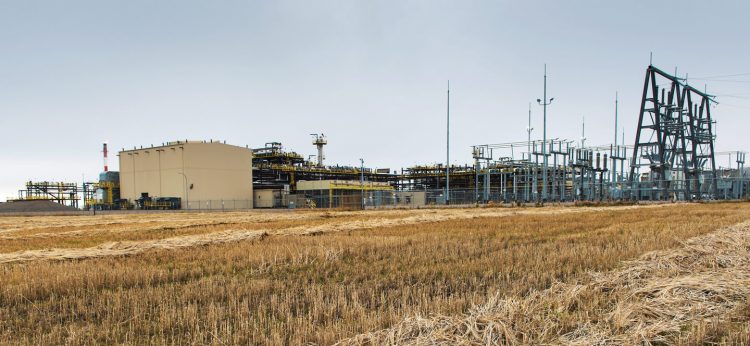
How clean is a BC that subsidizes accelerated fossil fuel extraction?
by Ben Parfitt | February 25, 2019
When the provincial government unveiled its new climate plan late last year, Environment Minister George Heyman, Green Party leader Andrew Weaver and Premier John Horgan presented a happy, united front as ceremonies got underway at Vancouver’s main library. But the biggest smiles of the day may have been on the faces of senior executives at …

Indigenous Gendered Experiences of Work in an Oil-Dependent, Rural Alberta Community
by Angele Alook, Nicole Hill & Ian Hussey | February 21, 2019
Alberta’s oil sands industry is often touted as driving the economy of both the province and Canada as a whole. However, Indigenous people in the oil sands region do not necessarily reap the benefits of the industry due to limited land rights, limited access to economic development, and marginalization in the labour market. While there …

Report seeks to address ‘knowledge gap’ about Indigenous oil workers
by Corporate Mapping Project | February 21, 2019
EDMONTON – A new report released today by the University of Alberta-based Parkland Institute is a first step in beginning to address the dearth of research and knowledge about the lived experiences of Indigenous workers in northern Alberta’s oil sands region. Indigenous Gendered Experiences of Work in an Oil-Dependent, Rural Alberta Community is a mixed-methods …
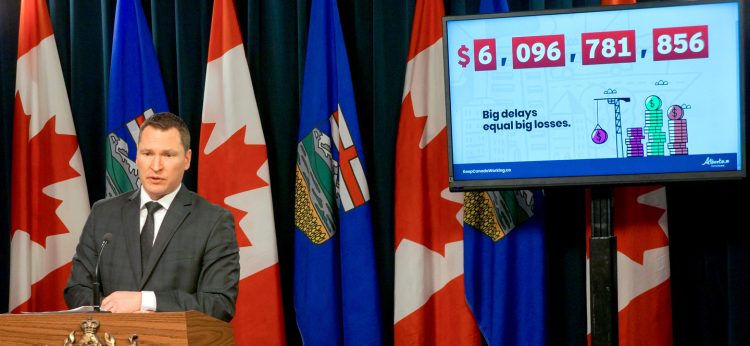
False advertising by the Alberta government and oil lobby
by David Hughes | February 20, 2019
As an Alberta-born and -raised earth scientist who has made a career studying fossil fuels and energy issues, I am dismayed at the bombardment of ‘fake news’ in print, online and TV ads from the Alberta government on the Trans Mountain Pipeline Expansion (TMX). These ads are repeated hourly on several TV stations. One ad …
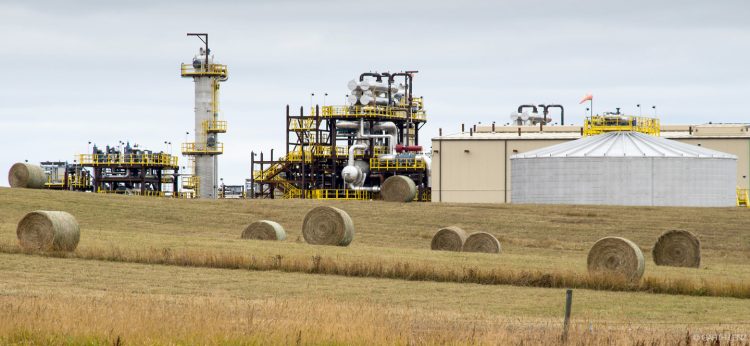
Through the front door, then the back: How government methodically killed environmental oversight of major gas industry projects
by Ben Parfitt | January 23, 2019
Few regulations in British Columbia have died as quick and ignoble a death as a 2014 Order in Council exempting proposed natural gas plants from having to undergo environmental assessments. It was a change that fossil fuel companies drilling and fracking for natural gas in the northeast of the province had demanded for some time. …
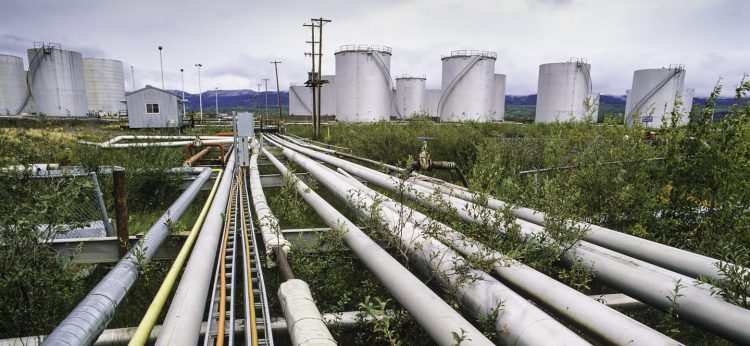
Jobs vs the Environment? Mainstream and alternative media coverage of pipeline controversies
by Robert A. Hackett and Philippa R. Adams | December 19, 2018
Much of the argument advanced in support of expanding Canada’s fossil fuel production centres on job creation and economic benefits. Politicians, pundits and corporate spokespeople who support fossil fuel infrastructure projects—such as new oil and gas pipelines—often evoke this rhetoric when they appear in the media. This study examines how the press—including corporate and alternative …

Seven questions about Alberta’s oil production cut
by Ricardo Acuña | December 6, 2018
On Sunday evening Alberta Premier Rachel Notley announced to the province that her government was legislating a temporary 8.7 per cent cut in the production of bitumen and conventional oil starting January 1, 2019. To the degree that the current price differential is the result of an excess supply of bitumen in the face of …

Boom, Bust, and Consolidation: Corporate Restructuring in the Alberta Oil Sands
by Ian Hussey, Eric Pineault, Emma Jackson and Susan Cake | November 7, 2018
This report analyzes the economics of the five largest bitumen extractive corporations in Canada. The “Big Five” are Suncor Energy, Canadian Natural Resources Limited (CNRL), Cenovus Energy, Imperial Oil, and Husky Energy. The report examines the key features of the five firms and analyze their accumulation dynamics in the context of the latest commodity cycle: …
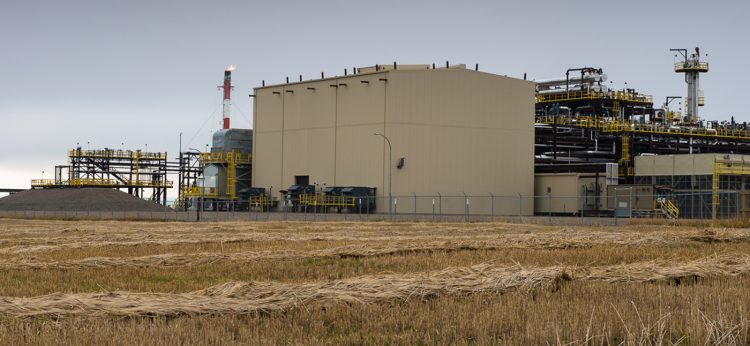
Shielding fossil fuel corporations from public scrutiny: The new “neutral”?
by Ben Parfitt | October 31, 2018
British Columbia’s Environmental Assessment Office bills itself as a “neutral” provincial agency. But there is evidence that this is not the case, and that BC Environment Minister George Heyman — who is tasked with “revitalizing” the province’s environmental assessment law — needs to make serious reforms. When a public regulator makes major decisions behind closed …
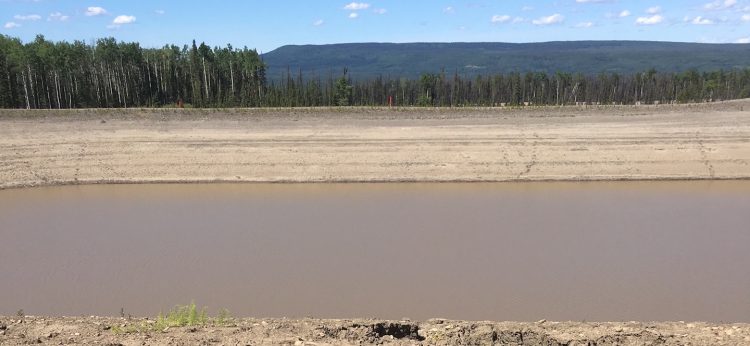
Dangerous precedent: Petronas subsidiary gets free pass after building unlicensed fracking dams
by Ben Parfitt | October 22, 2018
In a decision without precedent in its 25 years of existence, British Columbia’s Environmental Assessment Office (EAO) has told Progress Energy that two massive unauthorized dams that it built will not have to undergo environmental assessments. The decision comes after the company made an audacious request to the EAO to have the two dams declared …
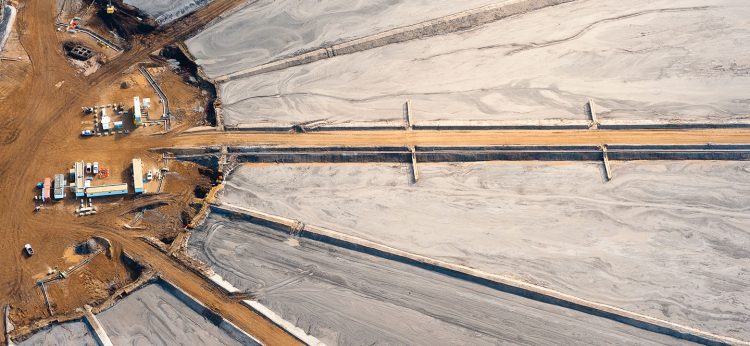
Who owns Canada’s fossil-fuel sector? Mapping the network of ownership and control
by William K. Carroll and M. Jouke Huijzer | October 18, 2018
This study shows that substantial ownership and strategic control over Canada’s fossil-fuel sector are in the hands of a few major players, including all the Canadian big banks and several US investment funds, governments and some wealthy families—many of which are located outside Canada. And, these investors have high stakes in maintaining business as usual …

LNG Canada: Short-term politics trumps long-term climate responsibility
by Marc Lee | October 4, 2018
LNG Canada’s final investment decision to build a natural gas liquefaction facility in Kitimat is a triumph of short-term politics over long-term responsibility to act on climate change. Exaggerated numbers have been used to sell the project to the public, while risks have been downplayed. The politics of liquefied natural gas (LNG) have a certain logic …











